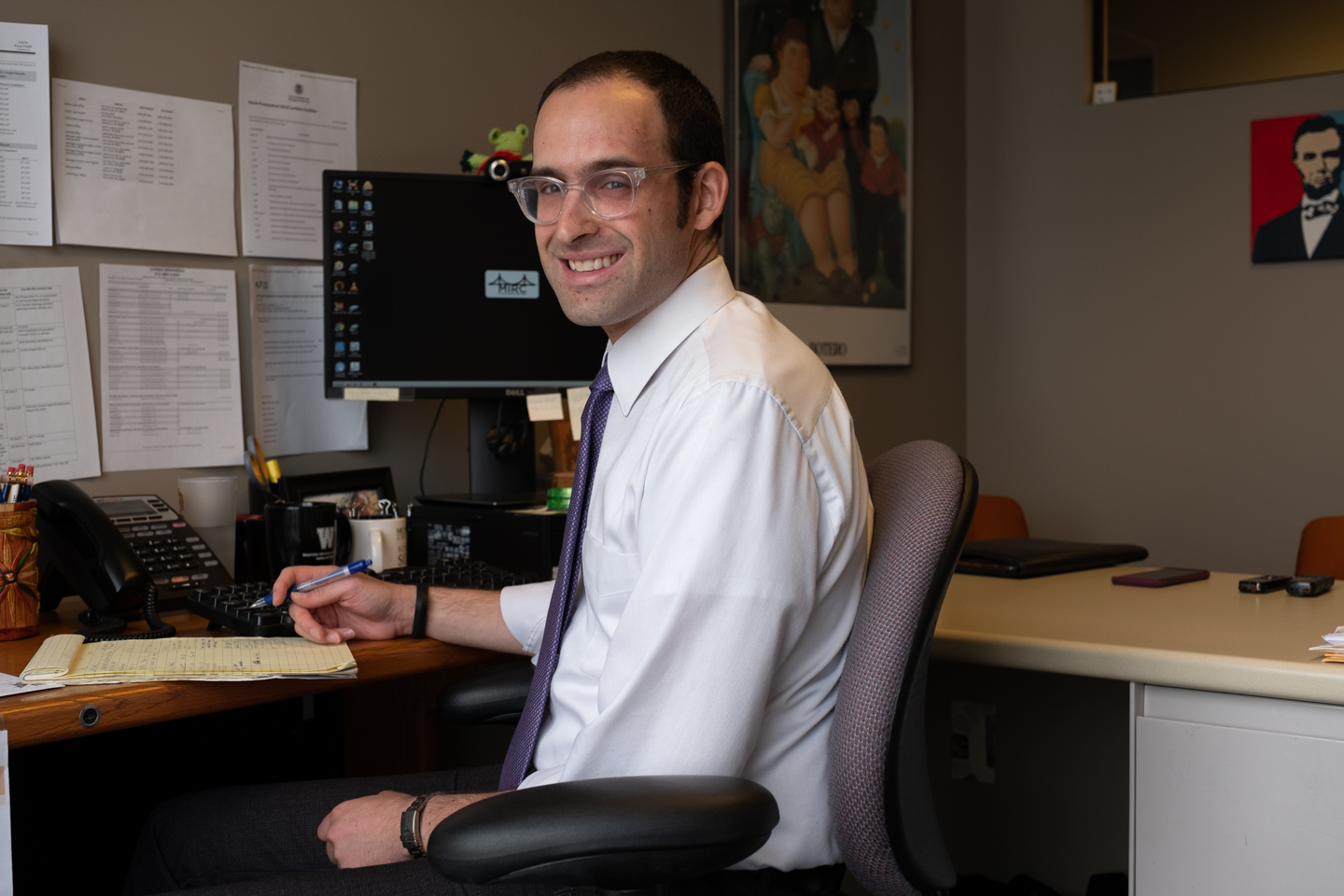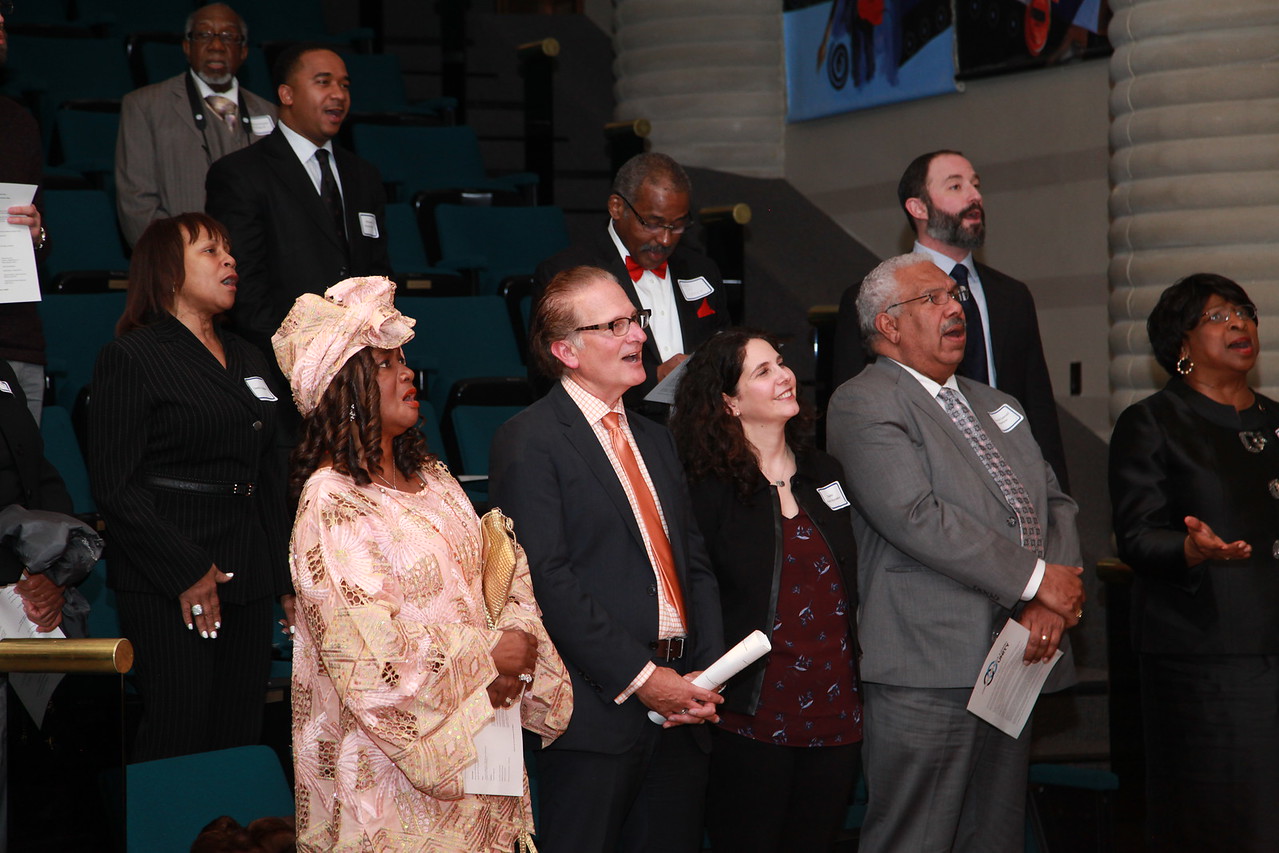by Vivian Henoch
Do you believe in second chances?
From trauma to hope . . . from Bags to Butterflies, creating one-of-a-kind designer handbags, women released from years in prison in Michigan are now taking their first steps in coming home – returning to family life and becoming contributing members of the community.
Conceived as a transitional employment program – and now a start-up business – Bags to Butterflies, L3C was founded in 2015 by Detroit entrepreneur and designer, Michelle Smart. Her mission is to empower women coming out of incarceration and to help their transition back into the community with a ready job and the resources of a caring network.
“The beauty of the program is that our ladies know they’re coming home and coming home to employment,” says Michelle. “To support our mission, we create one-of-a-kind handbags out of intricately-cut reclaimed wood. Each handbag is individually painted, decorated and accessorized by the women in our program — as an enduring symbol of the baggage we all carry from our past and as a reminder to let go, live life to its fullest and fly towards our dreams.”

Michelle has never been in prison, but she understands the plight of women who have been there. Here in Michigan, where the system is overburdened by the rising prisoner population in the state’s only women’s correctional facility, the basic needs of women are sadly underserved, especially in the resources available to them.
- Fact: Women are more likely than men to enter prison with a history of abuse, trauma and mental health problems. Medical treatment is often inadequate or unavailable in prison.
- Fact: Most women in prison (62%) are mothers of minor children. They are more likely than fathers in prison to be the primary caretakers of their children, so the increasing number of women in prisons means more and more family burden, disruption and insecurity.
- Fact: Economically, women with a history of incarceration face particularly daunting obstacles in finding employment, housing, transportation and public support when they return to their communities. All too often, the consequences and stigma of incarceration make going back to “normal” life nearly impossible. Nearly half end up back in custody.
From pilot to program
As Michelle describes, Bags to Butterflies was born out of her own personal struggles. “I went through a major life transition, myself, when my husband of 23 years and I went through a divorce. My adult son had moved out of the house, but I still had two children plus my adopted niece and nephew – four young kids at home – and I didn’t know what I was going to do. I was in a terrible state, took off from my job at Ford Motor Company and went to Atlanta to clear my head, and there, in a moment of prayer, God promised me: ‘If you trust in me, you’re going to do something new in your life.’ I didn’t have any idea what the new thing was going to be, but I started playing around with woodworking and making little glass pieces – designing decorative boxes, then handbags to sell in art shows.”
In 2014, Michelle had the prototype for the bags, but not the “butterflies” – nor the full understanding for the purpose for her work. Then she learned about her best friend’s daughter. “My friend’s girls were like my own children, and one of her daughters was 27 when she made a split-second decision that changed her life. Now she’s at Huron Valley serving 7 to 15 years. I was devastated when I first heard the news. I didn’t know a lot about the prison system, but I knew I had to do something. I had found the mission for Bags to Butterflies.”
More like a sewing circle than a workshop – and functioning like a focus group – Bags to Butterflies started with 10 women meeting to assemble handbags every Saturday at Oasis of Hope Christian Church at 7 Mile and Woodward. “Our women have so much wisdom to share,” observes Michelle, “I’ve heard their stories, watched them and learned from them how to build our space and our place in the community.”
Every day a new start
Today, Michelle maintains a small but vibrant studio workspace on the second floor of a multi-purpose building at James Couzins Freeway near 8 Mile in Detroit. To start, the women are paid bi-weekly at $10 hour, but the benefits of the program far outweigh the paycheck. Working in partnership with the Michigan Department of Corrections and with the support of private donations and the sale of handbags, the program also provides health and fitness classes, financial counseling and the services of a life coach.
“Bags to Butterflies is neither a charity, nor a traditional business,” says Michelle. “We function more like a family. There are days we’ll just take off for a creative excursion, an afternoon at the movies, a trip to the Michigan College of Beauty to get our hair and nails done or a visit to Ypsilanti Dress for Success to pick out clothes for work. I believe if I can change just one life with what we do in this program, I’ve done my job. That’s all I ask.”
To date, the program has served 17 women. None have returned to prison and several have found the job of their dreams or are working toward that goal. For example, there’s Darnita. Incarcerated at 15, Darnita served 30 years. In prison, she had a vision of opening a restaurant for homeless people; today she’s following her passion as a chef. There’s Brenda, who dreams of publishing her own poetry; she now uses her writing skills to advocate for prison reform. There’s Machelle, who loves animals and adopted a dog in prison; today she’s at work with Michelle with the goal transitioning to a job with K Nine to Five.

And there’s Tonya, one of the first employees to come into the program through the endorsement of the Michigan Department of Corrections. Incarcerated in 1974 at the age of 21, Tonya returned to the community in April 2018 – a woman of remarkable resilience, grace and presence.
Tonya went into prison with a 10th grade education, got her GED, took college courses to earn her Bachelor’s in Behavioral Science and became a paralegal. “I took every law class offered, and never thought I’d ever be released,”she said. “But here I am – mother of an adult son and daughter, a grandmother of five and happy to finally be home. It took me a while to get the hang of the work here. It’s intricate, precise and creative. It reminds me of putting together pieces of a puzzle. But I like puzzles to solve and I love my job.”
From start-up to new enterprise
With the goal to craft confidence and self-support, Bags to Butterflies has created a unique niche in fashion and fun in the Detroit marketplace at art shows and events year-round. Hand-painted and assembled with a little surprise accessory inside, and a card describing the designers, no two handbags are alike – ranging in size and cost from $45 to $200.

Handbags can be purchased from the collection online . Additionally, they are sold at the ArtLoft in Detroit, at the Charles M. Wright Museum, at Henry Ford Medical Center Wellness Shop in Midtown and at the Artisan Market at 12 Oaks Mall in Novi.
An entrepreneur at heart, Michelle plans to expand the business. She is looking for a new location to accommodate a leather cutter and her next venture: furniture reupholstery. “My vision always has been to give the ladies some sustainable skills. Training them in wood refinishing and upholstery work is a natural next step. Reupholstery is a lot like rehabilitation. To repair furniture, you have to look past the rough surfaces and look inside. It’s the same with people – to repair and heal broken lives, you have to look at what’s inside.”
From coalition to initiative: the Jewish connection
Who among us has a loved one, a father, a mother, a son, a daughter who’s been prison? In the U.S., we have the highest per capita incarceration rate of any country in the world. Notably, most of these folks (more than 10,000 a week) will return home as our neighbors. The numbers speak for themselves. Everyone wins when returning citizens are empowered to take their rightful place as contributing members of our community.
Not everyone can do the heavy lifting of Michelle Smart and her team of courageous women. But the Coalition for Black and Jewish Unity and JCRC/AJC have launched a criminal justice initiative everyone in the community should know about. What are the stumbling blocks for folks coming out of prison life to community life? What resources are available and what efforts are underway? And most importantly, how can we best help as a community?
Calling for reform of the criminal justice system as “the civil rights movement of our time,” Reverend Dr. Dee Dee Colman, Pastor of the Russell Street Missionary Baptist Church and Co-Chair of the Coalition shared her insight on the Initiative and the road ahead for returning citizens:
“We have no problem feeding the hungry, visiting the sick, raising money to care for our elders and the most vulnerable people in our community. But if someone says it’s time to go visit a person who is incarcerated or hire a citizen who has served his or her time, we hesitate. It’s time to act, to advocate, to help in any way we can.”
To help, learn more: Contact Sam Englender or Lauren Herrin at JCRC/AJC at 248-642-5393.




